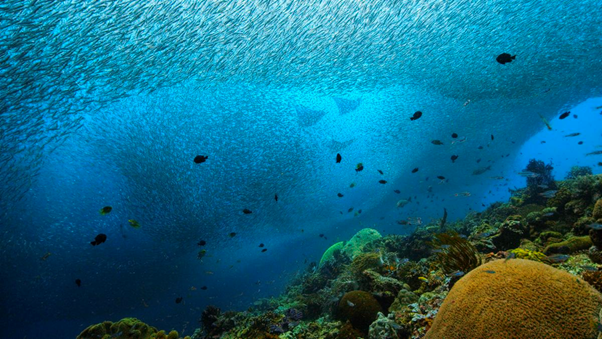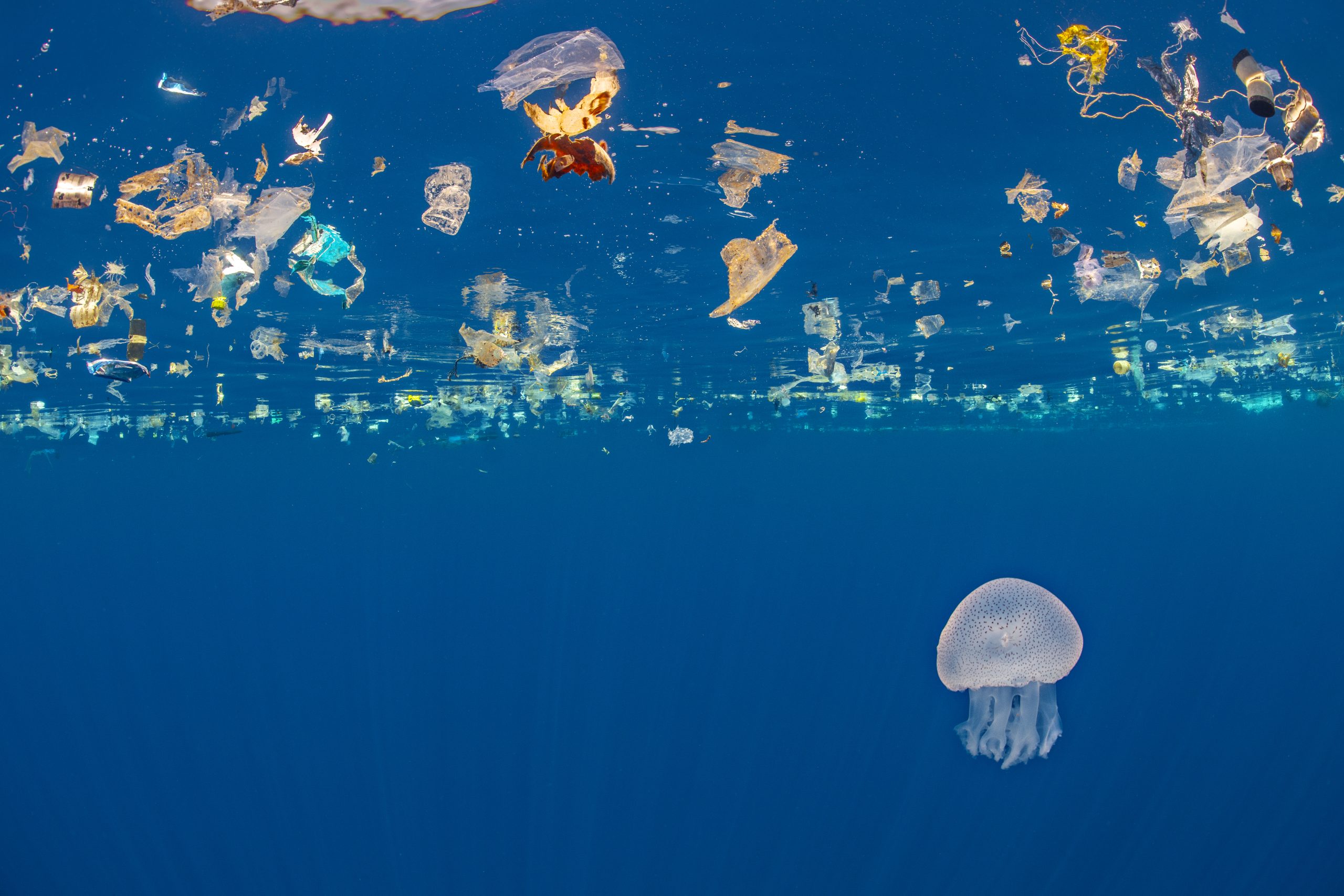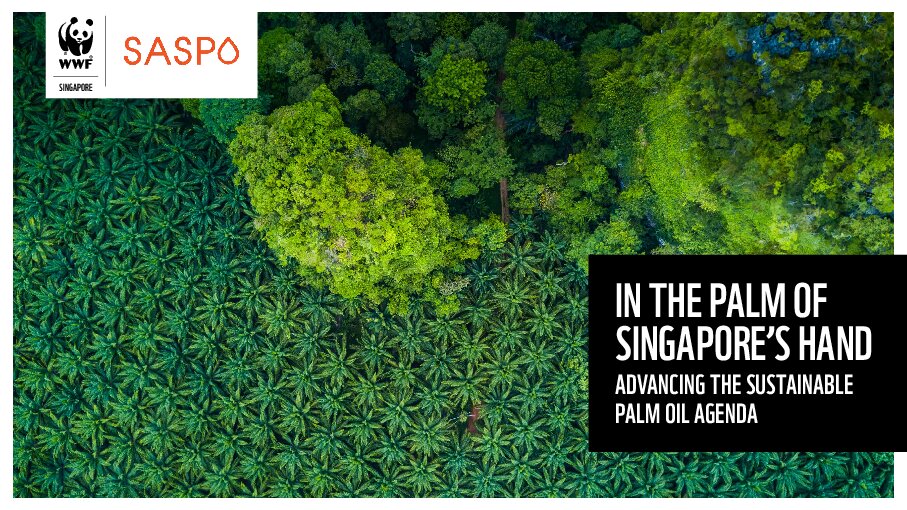of freshwater populations have declined since 1970
Singapore Karimata Straits
Modal Title

Singapore Karimata Straits
The Singapore-Karimata Straits is a large marine ecoregion that includes both the waters around the Singapore
Freshwater habitats are home to some of the planet’s most unique and rare species. Including significant number of migratory fish species like the Irrawaddy river dolphin. Yet, freshwater populations have declined at an alarming rate of 84% since 1970. WWF works with governments and local communities to encourage sustainable use of freshwater resources and to conserve freshwater ecosystems.
Healthy freshwater habitats such as the Mekong River is critical to food supplies and economies beyond the countries that border the river itself, since its rice exports, fisheries and economic supply chains are integral to other countries — including Singapore. If the health of the Mekong is damaged, the rice supply to Singapore and the region could be threatened!
In many ways, we depend on healthy, thriving natural environments. Conserving rivers and freshwater habitats means saving so much more.
of freshwater populations have declined since 1970
Established Fish Conservation Zones in Laos and Thailand
people rely directly on rivers for their drinking water
Climate change and ocean acidification amplify the impact of other threats related to human activity, such as overfishing and the destruction of marine habitats. This could spell the end of at least 25% of biodiversity in the sea, but also the loss of fishing opportunities and significant consequences on many productive sectors, such as tourism.
Large hydropower dams are extremely costly, expensive to maintain and lead to destructive impacts on fisheries, biodiversity and communities.
Water pollution comes from many sources including pesticides and fertilizers that wash away from farms, untreated human wastewater, and industrial waste. Even groundwater is not safe from pollution, as many of these sources can leach into underground aquifers. The effects of this pollution can be immediate. Harmful bacteria from human waste contaminate water and make it unfit to drink, swim in or bathe. But some kinds, such as toxic substances from industrial processes, may take years to build up in the environment and food chain before their effects are fully recognized.

We work closely with governments and stakeholders to protect wetlands and rehabilitate degraded mangrove areas in Southeast Asia. This ensures free-flowing rivers, abundant freshwater species and migratory birds, while securing livelihoods
for the local communities.

The partnership between WWF and HSBC created the Ripples Programme which aims to spark conversations, encourage individuals to champion water conservation and take action to protect freshwater — the world’s most threatened resource.

Working with governments, business and civil society, WWF advocates and facilitates the development of a more sustainable power sector with alternatives to hydropower.

WWF’s Eco-Clubs Programme aims to support two of the world’s most critical biodiversity landscapes to protect the Mongolian gazelle and snow leopards in the Altai-Sayan Ecoregion in Western Mongolia and Amur-Heilong Ecoregion Complex.



No more pages to load
The urgency around freshwater issues has never been greater. Declining water quality and increased water scarcity put both people and nature at risk, threatening livelihoods, biodiversity and increasing conflict. By working together, we can ensure a secure future for fresh water—and all the life that depends on it.
Find out how you as an individual can help safeguard Freshwater resources for the future.




+65 6730 8100

©️ 2022 WWF – World Wide Fund for Nature (Singapore) Limited (UEN 200602275E) |
©️ 1986 Panda Symbol WWF – World Wide Fund For Nature (formerly World Wildlife Fund) | ®️ “WWF” is a WWF Registered Trademark